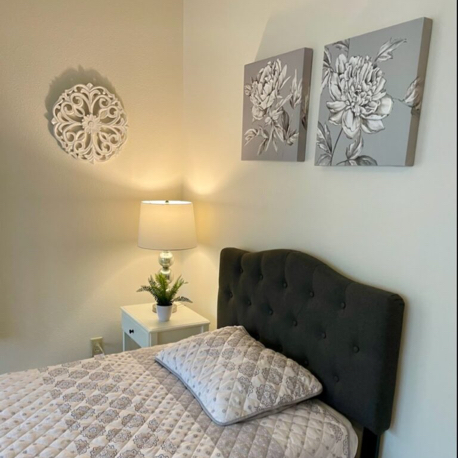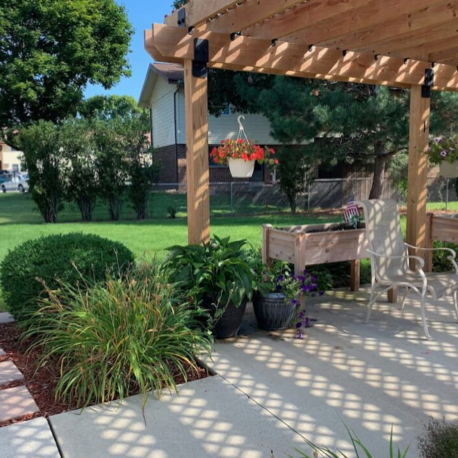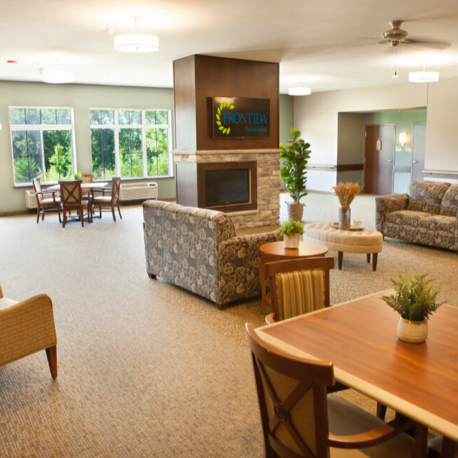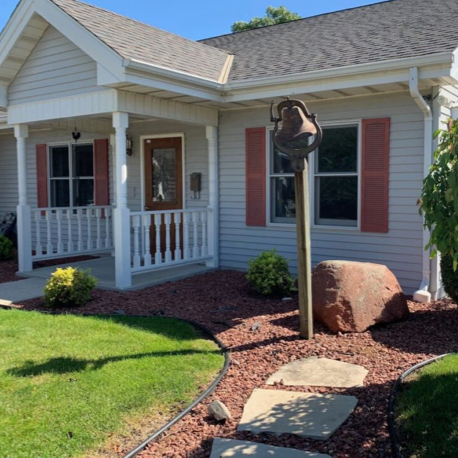Caring for a loved one with memory loss can be both a meaningful journey and an emotional challenge. It’s natural to wonder whether what you’re seeing is a normal part of aging—or a sign of something more serious. When forgetfulness and confusion begin affecting daily life, it might be time to consider memory care.
We understand how difficult this decision can be. That’s why we want to offer guidance, comfort, and support for both families and their loved ones. Here are 8 signs that may suggest your loved one could benefit from the safety, structure, and community of memory care.
1. Increasing Forgetfulness
Forgetfulness is common with age, but when memory loss starts to interfere with everyday life, it can become a cause for concern. Maybe your loved one forgets important appointments or frequently misplaces items. They might call you by the wrong name or ask the same question repeatedly.
In some cases, memory loss can progress to the point where your loved one forgets how to cook meals, can no longer manage their schedule, or is even unable to recognize familiar faces. These aren’t just simple lapses—they’re signals that more support may be needed. Memory care communities provide the consistency, routine, and reassurance that help reduce confusion and bring peace of mind to families.
2. Difficulty with Personal Care
You might notice your loved one is wearing the same clothes for several days in a row, forgetting to shower, or struggling with grooming and hygiene. These challenges may not seem urgent at first, but over time, skipped meals, forgotten medications, or poor hygiene can have serious health consequences.
In memory care, consistent support with daily living activities is offered with kindness and respect. Residents maintain their independence as much as possible while keeping their safety and comfort.
3. Wandering or Getting Lost
One of the most dangerous signs of progressing memory loss is wandering. A loved one may leave home on a walk and become disoriented, unsure how to return—even in familiar neighborhoods. They might get confused about where they are in their own home or try to “go home” even when they’re already there.
Wandering poses significant safety risks, especially in colder weather or near busy roads. Our memory care environment is thoughtfully designed to allow residents freedom of movement in a secure space, reducing the risks without restricting independence.
4. Sudden Changes in Mood or Behavior
If your loved one is becoming more irritable, withdrawn, anxious, or prone to emotional outbursts, these changes could be connected to memory decline. Often, people living with dementia struggle to express themselves and become frustrated when they can’t find the right words or understand what’s happening around them.
At Frontida, our team is trained to respond with empathy and patience. We focus on creating a calm, welcoming environment that reduces agitation and helps each resident feel safe and supported.
5. Trouble Managing Medications
Keeping track of medications can be complex. If your loved one is taking multiple prescriptions, the chances of missing a dose—or taking too much—can increase. Even one mistake could lead to dangerous side effects or interactions.
In a memory care setting, medication is managed by trained professionals who aid each dose is administered safely and on schedule. At Frontida Senior Living, your loved one’s health is carefully monitored 24/7, so you can rest easier knowing they’re receiving the right care.

6. Declining Physical Health
Sometimes, the signs aren’t just mental or emotional. You may begin to notice that your loved one is losing weight, appears frailer, or is having trouble walking. Falls may become more frequent. Or maybe your loved one is no longer interested in activities they once loved—for instance, gardening, walking, or socializing.
These physical changes can be linked to cognitive decline and may indicate it’s time for a higher level of care. At Frontida, we encourage healthy movement and nutrition in a safe, supportive space designed to meet the unique needs of each resident.
7. Increased Isolation or Withdrawal
Social withdrawal can be subtle at first. Your loved one may start skipping family gatherings or avoiding hobbies and activities they used to enjoy. They may no longer call friends or show interest in social events.
Loneliness not only affects emotional well-being but can also accelerate memory decline. In a memory care community, residents benefit from daily opportunities for connection—whether through music, crafts, shared meals, or simply friendly conversation. At Frontida, we nurture a sense of purpose and belonging every day.
8. Caregiver Burnout
Even the most loving caregivers need support. If you’re feeling exhausted, overwhelmed, or emotionally depleted, it’s important to recognize that caregiving is not a solo responsibility. When your own health begins to suffer, it can impact the care you’re able to provide.
Choosing memory care doesn’t mean giving up—it means gaining a team of professionals who care for your loved one like family. You can continue to play a meaningful role in their life while getting the rest and support you need.
You’re Not Alone—We’re Here to Help
Recognizing that your loved one may need memory care is a courageous and loving decision. At Frontida, we offer more than just care—we provide a home filled with kindness, dignity, and connection.
Whether you’re just starting to explore your options or ready to take the next step, we’re here to walk with you. Let’s have a conversation—because no one should face this journey alone.
Contact us today to schedule a tour or learn more about our memory care services in Fond du Lac, Kimberly and Racine WI.







